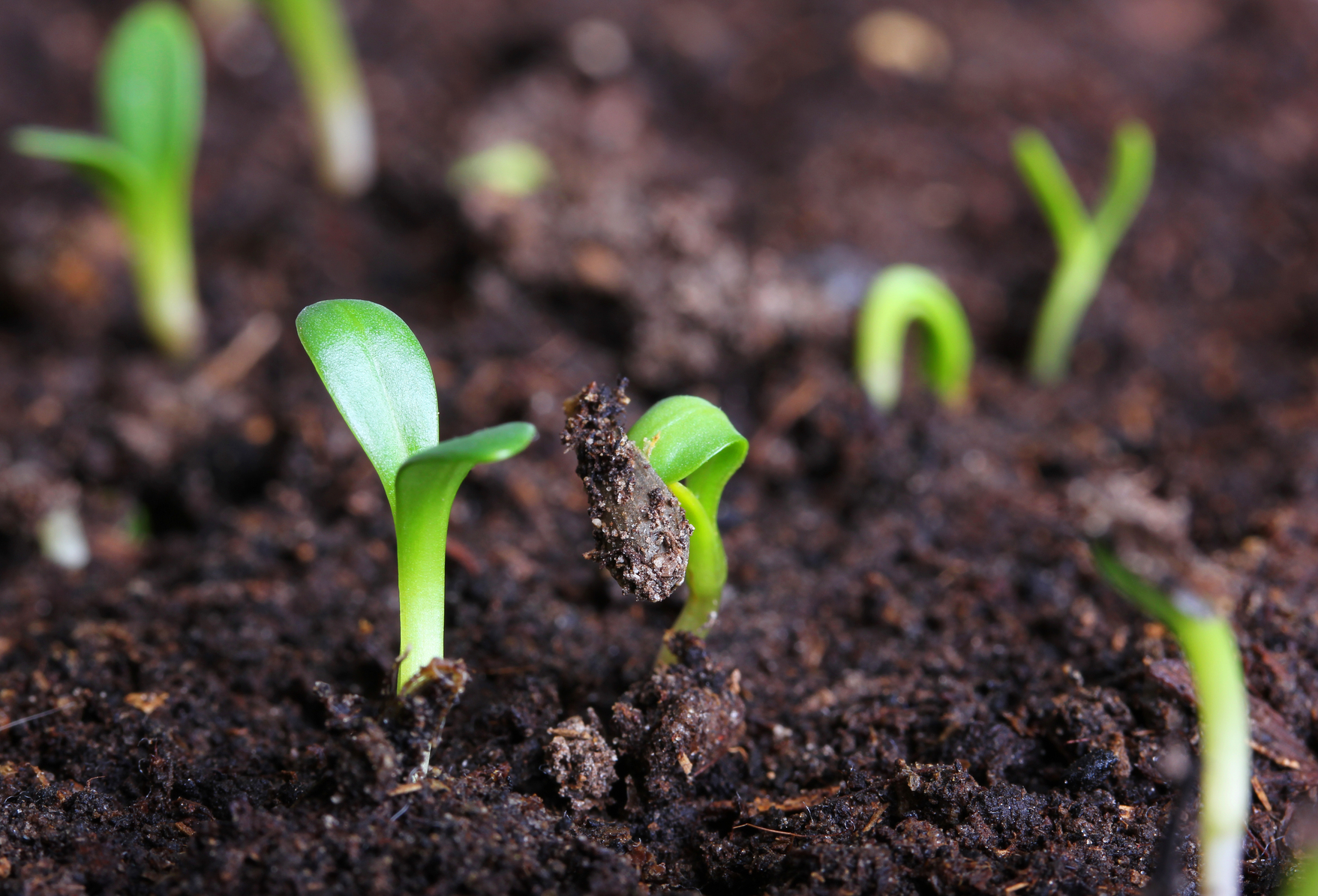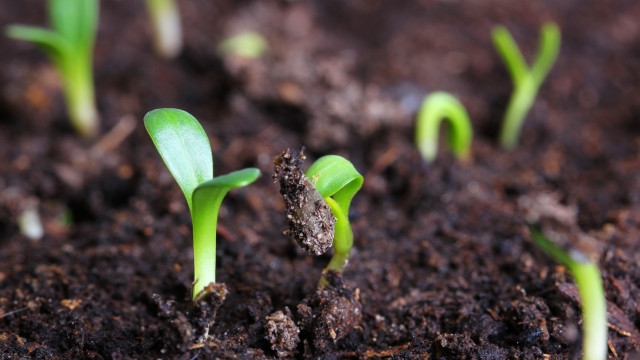Maintaining a thriving garden is every gardener’s dream. But what if there was a secret that could unlock the full potential of your plants? Look no further than the power of organic soils. Organic soils have been garnering attention in recent years for their ability to improve soil health, enhance nutrient availability, and promote strong, vibrant plants. Gone are the days of relying solely on synthetic fertilizers and chemical-laden products – organic soils offer a more sustainable and environmentally friendly approach to gardening. In this article, we will delve into the world of organic soils and explore their benefits, as well as provide insights on choosing the right fertilizers for every garden. Get ready to unlock the hidden potential of your garden with organic soils!
Benefits of Organic Soils
In today’s age of sustainability and eco-consciousness, organic soils have emerged as a superior alternative for gardeners worldwide. By harnessing the power of nature, these soils offer a multitude of benefits that contribute to the prosperous growth of plants and a healthier environment. Let’s delve into the remarkable advantages of using organic soils in your garden.
Enhanced Nutrient Content: Organic soils are enriched with essential nutrients that are essential for plant growth. Packed with organic matter, such as compost and decayed plant materials, these soils provide a well-balanced and readily available source of nutrients that promote strong and vibrant plant development.
Improved Soil Structure: One of the key benefits of organic soils lies in their ability to enhance soil structure. The presence of organic matter helps to create a soil that is loose and well-drained, allowing roots to penetrate easily and facilitating the flow of air and water. This improved soil structure not only supports healthy root growth but also prevents soil erosion and compaction.
Sustainable and Environmentally Friendly: Organic soils play a crucial role in sustainable gardening practices. By utilizing natural and renewable resources, these soils help reduce the dependence on synthetic fertilizers and harmful chemicals. This, in turn, promotes a healthier ecosystem by minimizing the risk of water pollution and preserving the delicate balance of beneficial microorganisms in the soil.
In conclusion, organic soils offer a range of benefits that are fundamental to creating thriving gardens. From providing essential nutrients to improving soil structure and supporting sustainable practices, these soils pave the way for gardens that are not only beautiful but also ecologically responsible. Harness the power of organic soils and witness the remarkable transformation it brings to your gardening endeavors.
Choosing the Right Organic Fertilizers

When it comes to nurturing your garden with organic soils, selecting the right fertilizers plays a key role in promoting healthy plant growth. Organic fertilizers are derived from natural sources, such as compost, manure, bone meal, and plant matter. These nutrient-rich substances provide a gentle and sustainable approach to feeding your plants. To help you make an informed decision, here are some factors to consider when choosing the right organic fertilizers for your garden.
Understanding Your Soil’s Needs: Before selecting an organic fertilizer, it’s crucial to assess your soil’s nutrient requirements. Conducting a soil test can give you valuable insights into the specific deficiencies and pH levels in your soil. With this information, you can choose an organic fertilizer that addresses these specific needs, providing your plants with the essential nutrients they require to thrive.
Harvesting onionsIdentifying Plant-Specific Needs: Different types of plants have varying nutrient requirements. For instance, leafy greens like lettuce and spinach often benefit from nitrogen-rich fertilizers, while fruiting plants like tomatoes and peppers may require additional phosphorus and potassium for optimal fruit production. By understanding the specific needs of your plants, you can select organic fertilizers that cater to their individual requirements, ensuring they receive the nourishment they need to flourish.
Taking Environmental Impact into Consideration: Organic gardening extends beyond our individual gardens; it also encompasses our impact on the environment. When choosing organic fertilizers, it’s vital to consider their environmental implications. Opt for fertilizers that are derived from sustainable sources, such as locally produced compost or animal manure from organic farms. Additionally, seek out fertilizers that are free from synthetic chemicals and genetically modified organisms, minimizing harm to the ecosystem and promoting a more sustainable gardening practice.
By considering the nutrient requirements of your soil, the specific needs of your plants, and the environmental impact of the fertilizers you choose, you can unlock the power of organic soils in your garden. Selecting the right organic fertilizers not only provides essential nutrients for your plants but also contributes to a healthier garden ecosystem and a more sustainable approach to gardening.
Practical Tips for Using Organic Soils and Fertilizers
Test the Soil: Before using organic soils and fertilizers, it’s crucial to test the soil’s pH level and nutrient content. This will help you understand the soil’s current condition and determine the specific organic amendments it needs. You can easily find soil testing kits or consult with a local gardening center for professional soil testing services.
Choose the Right Fertilizer: Different plants have different nutrient requirements, so it’s important to choose the right organic fertilizer for specific plants. Research the nutritional needs of your plants and select organic fertilizers that provide the necessary nutrients in the right proportions. Common organic fertilizers include compost, manure, bone meal, and blood meal. Aim for a balance of nitrogen (N), phosphorus (P), and potassium (K) to promote healthy plant growth.
Apply Fertilizers Properly: Proper application of organic fertilizers is essential to avoid over- or under-fertilizing your plants. Follow the instructions on the packaging or consult gardening experts for recommended application rates. It’s typically best to evenly distribute the fertilizer around the base of the plants, taking care not to let it touch the leaves or stems directly. Water the plants after application to ensure nutrients are properly absorbed by the roots.
Remember, organic soils and fertilizers are beneficial for long-term soil health and sustainable gardening practices. By following these practical tips, you can ensure your plants thrive in nutrient-rich and organic environments.

